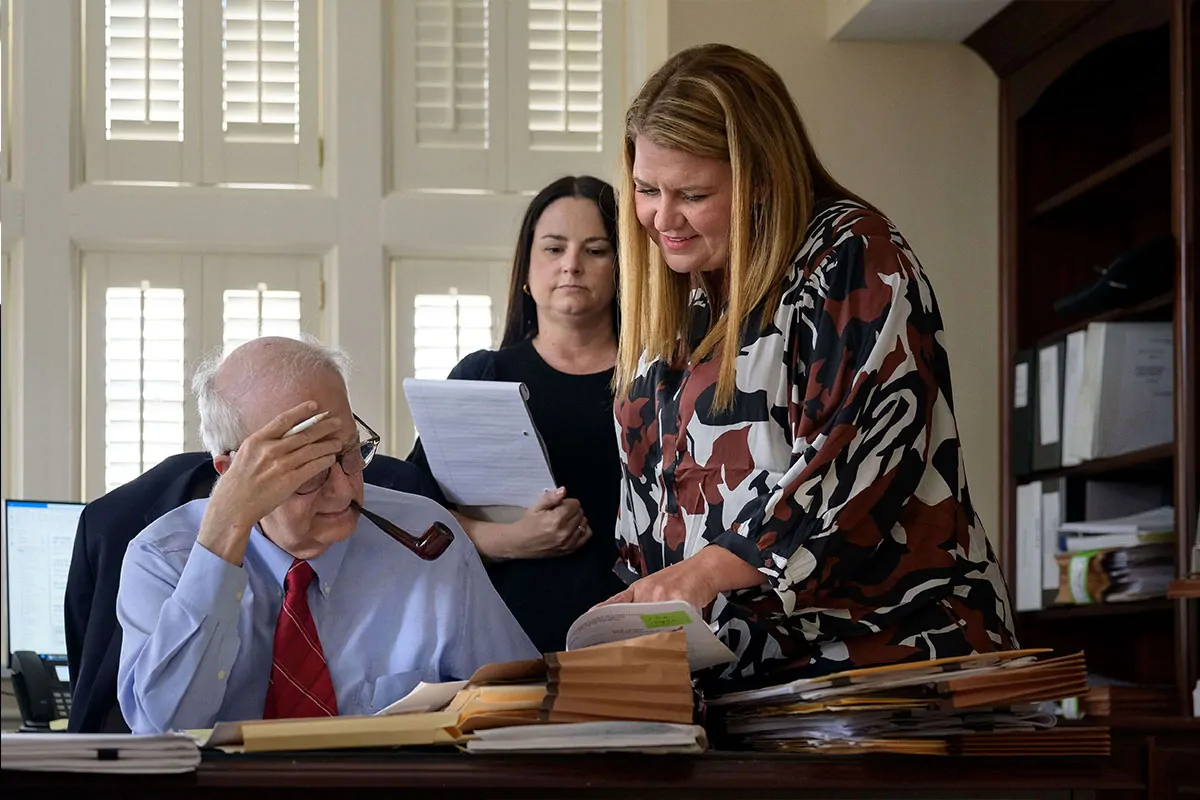
What Happens If You’re Partially at Fault? A Car Accident Lawyer Explains
Car accidents can be complicated, especially when determining who is at fault. Many drivers assume that fault is assigned to only one party, but in reality, accidents often involve shared blame. If you’re partially at fault for a car accident, you may still be entitled to compensation, but your settlement could be affected depending on the laws in your state. Let’s break down what happens when you share fault in a car accident, how it impacts your claim, and what steps you should take next.
Understanding Comparative and Contributory Negligence
States follow different legal doctrines when determining fault in car accidents. The two main systems that apply to cases where both drivers share blame are comparative negligence and contributory negligence.
Comparative Negligence
Comparative negligence allows both parties to recover damages even if they are partially at fault. There are two types:
• Pure Comparative Negligence: In states that follow this rule, you can recover damages even if you are 99% at fault. However, your compensation will be reduced by your percentage of fault. For example, if you’re awarded $10,000 but found to be 40% at fault, you would receive $6,000 after the deduction.
• Modified Comparative Negligence: Most states follow this rule, which sets a threshold (usually 50% or 51%). If you are found to be more than the threshold amount at fault, you cannot recover any damages. If you are below the threshold, your compensation will be reduced based on your percentage of fault.
Contributory Negligence
A handful of states follow a contributory negligence rule, which is much stricter. Under this system, if you are even 1% at fault for the accident, you cannot recover any damages from the other party. This rule is rare but still in effect in states like Maryland, Virginia, and North Carolina.
How Fault is Determined in a Car Accident
Determining fault in a car accident requires gathering evidence and analyzing various factors. Insurance adjusters, law enforcement officers, and sometimes courts evaluate the following:
• Police Reports: Officers responding to the scene document details, witness statements, and their assessment of fault.
• Witness Statements: Independent witnesses can provide an unbiased account of how the accident occurred.
• Traffic Laws: Violations, such as running a red light or failing to yield, often indicate fault.
• Vehicle Damage and Accident Reconstruction: Experts can analyze impact points to determine how the accident happened.
• Dashcam or Surveillance Footage: Video evidence can be crucial in proving how the accident unfolded.
How Partial Fault Affects Your Compensation
Your level of fault will directly impact the compensation you receive, depending on your state’s negligence laws. If you live in a comparative negligence state, your compensation is adjusted based on your percentage of fault. If you’re in a contributory negligence state, you might not receive any compensation if you are found to share any blame.
Additionally, insurance companies may attempt to shift more blame onto you to reduce their payout. That’s why it’s crucial to have strong evidence and legal representation to argue your case effectively.
What to Do If You’re Partially at Fault
If you believe you may share some fault in a car accident, here’s what you should do:
1. Don’t Admit Fault at the Scene Even if you think you played a role in the accident, don’t say things like “I’m sorry” or “It was my fault.” Fault should be determined based on evidence, not on immediate statements.
2. Collect Evidence Take photos of the scene, vehicle damage, road conditions, and any relevant traffic signals. Get contact information from witnesses and obtain a copy of the police report.
3. Report the Accident to Your Insurance Company Provide an accurate account of the accident, but be careful with your words. Stick to the facts and avoid admitting fault.
4. Consult a Car Accident Lawyer A lawyer can help you understand your state’s negligence laws and negotiate with insurance companies to ensure you receive a fair settlement.
5. Avoid Speaking with the Other Driver’s Insurance Adjuster Without Legal Advice Insurance companies may try to get you to admit fault or accept a lower settlement. It’s best to let your attorney handle communications.
Why Hiring a Car Accident Lawyer is Important
When you’re partially at fault for an accident, insurance companies will try to minimize their payout. A skilled car accident lawyer can:
• Analyze the evidence to reduce your percentage of fault
• Negotiate with insurance companies on your behalf
• Represent you in court if necessary
• Ensure you receive the maximum compensation possible
Even if you share some responsibility for the accident, you still have rights. Understanding how partial fault affects your claim and seeking legal guidance can make a significant difference in the outcome of your case.